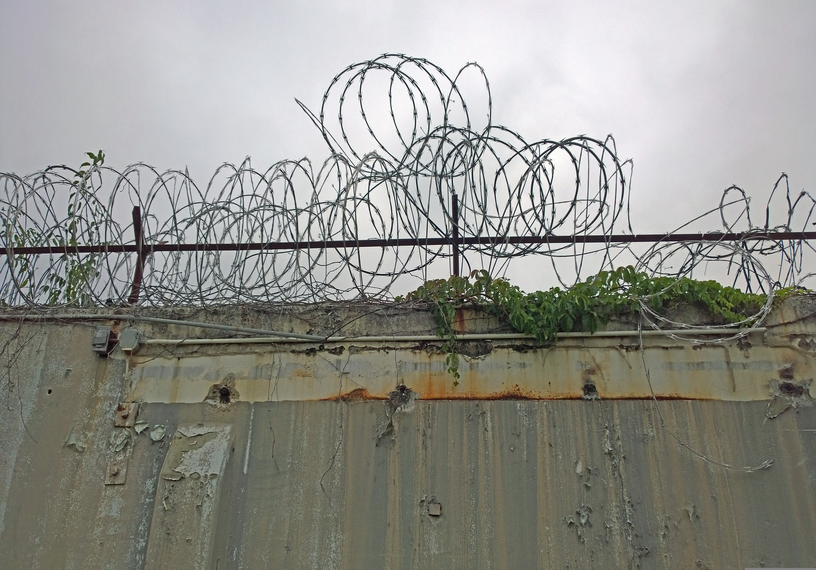Quakers welcome parliamentary report condemning indeterminate sentences
Quakers in Criminal Justice have endorsed a Justice Committee report on Imprisonment for Public Protection (IPP) sentences which found them to be irredeemably flawed.

Releasing its report on 28 September, the Justice Committee said these sentences caused profound psychological harm and mental torture, and that it had never received so many submissions to an inquiry.
IPPs were introduced in the Criminal Justice Act 2003 under Home Secretary David Blunkett. These sentences, abolished in 2012, allowed for an unlimited period of detention followed by release under life licence, where the offender could be returned to prison at any point.
In July, the Independent Commission into the Experience of Victims and Long-term Prisoners called, amongst other things, for an end to these terms which mean that hundreds of prisoners are still in jail, despite serving five times the minimum sentence.
[QUOTE-START]
Indeterminate sentences unjust and deeply damaging
- Quakers in Criminal Justice
[QUOTE-END]
The Justice Committee report found that the impact of IPPs continued on release, with ex-prisoners suffering a 'never-ending cycle of anxiety' due to the indefinite nature of licence conditions, leaving them 'traumatised and disconnected from society'.
Around 3,000 people still remain subject to their original IPP sentence.
Melanie Jameson of Quakers in Criminal Justice welcomed the official acknowledgment that IPP sentences are unjust and deeply damaging.
She said: “We hope that the government will accept the Justice Committee's conclusion that IPP must now be terminated but regret the inevitable delays involved in drafting and introducing legislation, then moving each case through the courts."
The Committee's main recommendation is the re-sentencing of all remaining IPP prisoners - whether in prison or in the community - which requires new legislation. Otherwise a legacy will remain, including potential recalls to prison for anyone breaching the terms of their licence.
The Quaker statement on IPP in May called for a properly funded and bespoke welfare approach for this disadvantaged group, to support them to reintegrate into society.
The report will be debated in the House of Lords on Thursday, 13 October, and the government has two months to respond.